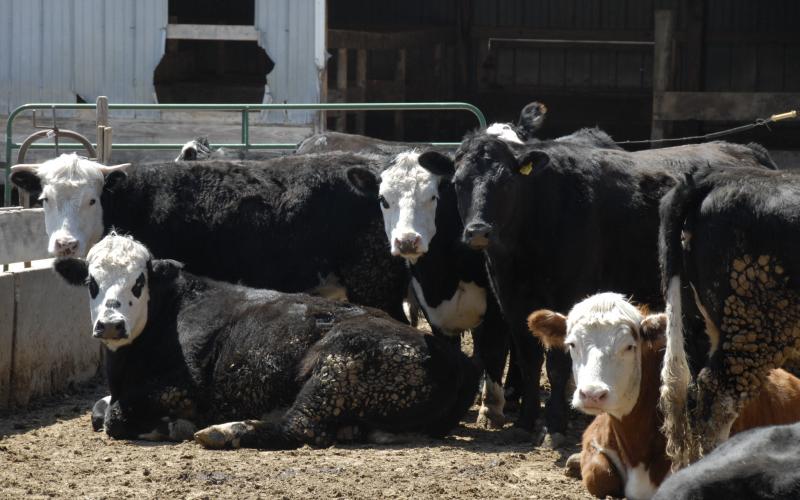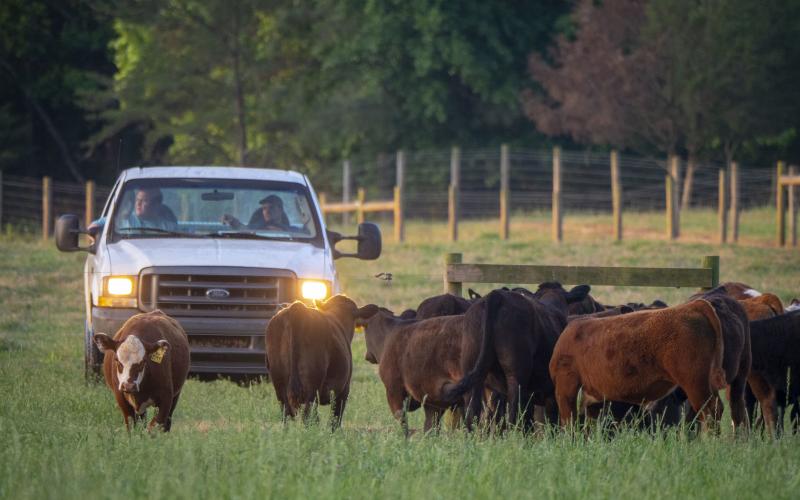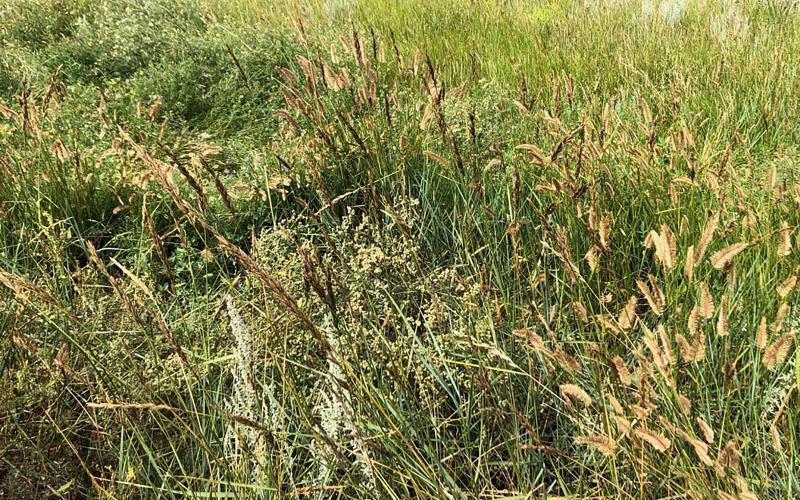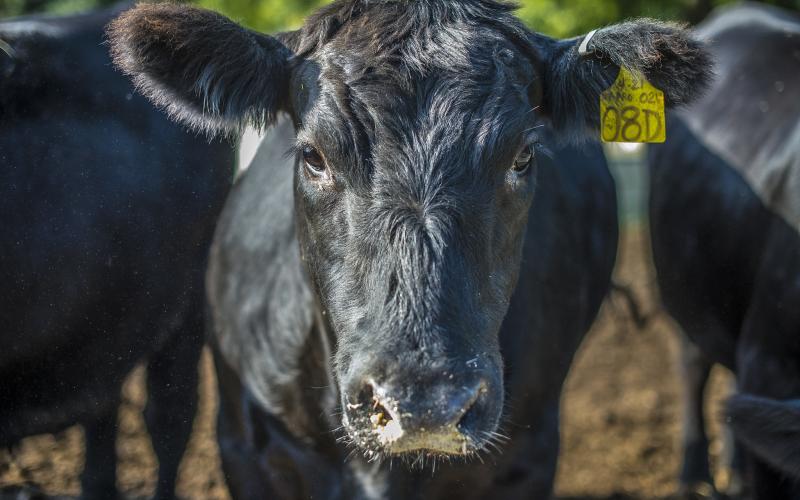Beef Herd Health and Quality Assurance
All Beef Herd Health and Quality Assurance Content

Liver Abscesses: The Unseen Profit Thief
Liver abscesses are a great example of an important value robber in feedlot cattle that’s not immediately apparent.
Spring Storm Fronts Impact Calving Patterns
While the changes in calving patterns in association with weather fronts is nothing new to producers, it is beneficial to keep this in mind as calving season shifts into high gear. Cold fronts are the type of weather systems that will create the pressure and temperature changes associated with increased birth rates.

Managing Stress to Reduce Early Embryonic Loss in Beef Cattle
With the majority of pregnancy losses occurring in the embryonic period, it is critical to mitigate losses in livestock by managing stress and avoiding transportation when the embryo is most susceptible to mortality.

Ergot in Western Wheatgrass and the Potential Effects for Winter Grazing
2019 has been a year fraught with challenges for ranchers across South Dakota. Abundant precipitation is usually a blessing, however, wet conditions coupled with a cool spring followed by warmer temperatures has caused another problem across the rangelands of South Dakota: ergot poisoning.

Foot Problems in the Feedlot
While we usually think of foot problems in feedlot calves occurring in conjunction with warm, muddy conditions, wintertime also brings a certain set of conditions that can create lameness in these animals.